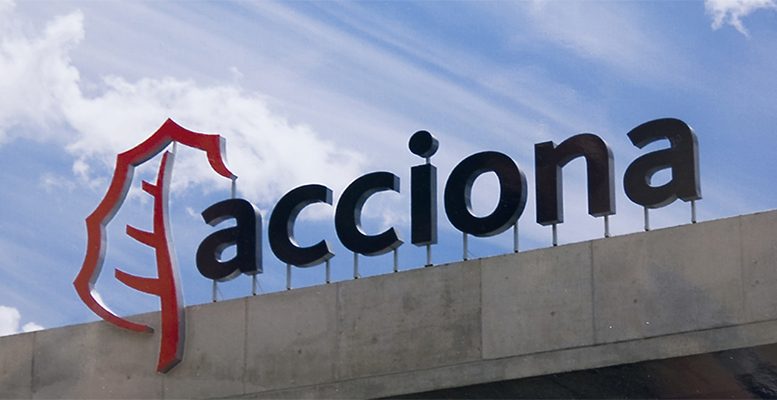CdM | It is well known that in order to take a company public, it is advisable to engage in a good press campaign, distribute some money amongst banks and underwriters, etc. But there are times when haste leads to forcing the machine and it risks being ridiculed. This weekend, a Madrid business newspaper published an extensive report on the renewable energy companies expected to list on the Spanish stock exchange in the coming months, and asked the question: How to choose the winning horse? And, of course, it was willing to offer its help with the choice.
The “analysis” – entitled “How to choose the best renewable company in an increasingly demanding market” – explained that “Ecoener, Opdenergy and Acciona Renovables will debut on the stock market subject to strong scrutiny from investors. They are keen, but are looking for projects with considerable credibility and experience.” Valuations for Ecoener and Opdenergy are modest,” the article said, “at 472 million and 1.6 billion euros at most respectively. But Acciona renewables will be playing in another division, with a valuation of around 10 billion euros”…
Despite giving the prices, the article explained a few lines further down that “the valuation ranges of the candidates for the stock exchange are still unknown, with the exception of Ecoener, which already registered its prospectus on Thursday. But in the absence of details, Acciona Renovables is a hot prospectl. “It has exposure to solar and wind energy and will be a much more liquid and sizable option than other pure renewables such as Solaria, which only does solar. It also has valuable experience in the sector,” says one analyst.
Next paragraph. The report goes on to say that “Acciona Renovables’ installed capacity alone gives us credibility,” citing a Spanish fund management firm.
To finish off, the newspaper includes a small box with some figures on Ecoener, Opdenergy, Factorenergía – which also wants to go public – and Acciona Renovables. The latter “accounts for more than 70% of the group’s total Ebitda and is valued at over 10 billion euros if capital and debt are added together, according to the latest published reports.”
The same report goes from giving estimated valuations – 472 million to 1.6 billion euros and “around 10 billion” – to saying that “the valuation ranges are unknown” and ends by pointing out that Acciona Renovables is valued at more than 10 billion euros if capital and debt are added together.”
It goes without saying that the Spanish economy, including listed companies, is in tatters. And it is clear that for years now, companies that go public in Spain have been doing so at a loss. This is because if in the past there was a requirement of 3 years with profits to go public, that obligation no longer exists. With this requirement, a possible means of capitalisation was denied to those who most needed to find capital, and investors and analysts are expected to be capable of valuing a company, even at a loss.
But comparing the capital valuations of some companies with others that add capital and debt is misleading, to say the least. The same newspaper had spoken days before of a capitalisation of around 5 billion euros “with a debt of around 4,800 billion.” However, on this occasion it chose not to walk a tightrope, given that with a debt of 135% and a negative working capital, according to its auditor, it is still not clear what part of the 6,8 billion of debt Acciona is going to foist on its subsidiary Renovables.
Undoubtedly, there will be a placement – “Citi, Goldman, JPMorgan and Morgan Stanley will lead the IPO of its Energy subsidiary” – and business for all. But it would be appreciated if, once the IPO has been executed, they did not devote yet another thoughtful article to wondering whether we are not facing a real “renewables bubble” which has ended up pushing prices to crazy heights.





